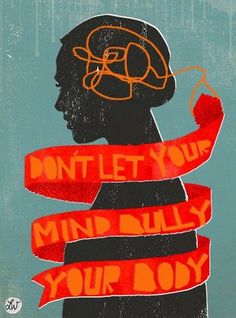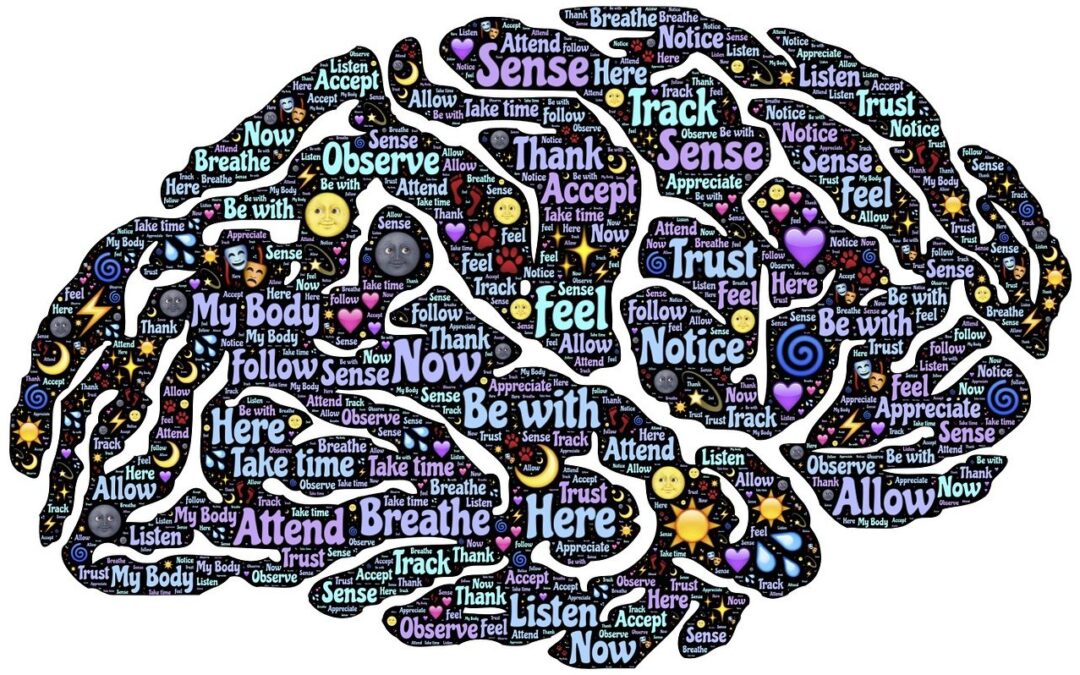Mental health or physical health. When it comes to the latter especially, this natural categorization isn’t necessarily the best way to think about life. This is because mental and physical health are both thoroughly interconnected. The two are so tightly intertwined that you really can’t manage one without impacting the other.

Physical Health Impacts Mental Health
Arguably the most straightforward example of how physical health impacts mental health is the feeling you get when you exercise. Exercise causes a flood of endorphins to be released into your body. These feel-good chemicals are associated with stress relief and an improved sense of well-being. This is one of the reasons that health experts frequently recommend exercise as a means of managing mental health conditions such as anxiety, stress, or depression.
Regular exercise is also linked to a number of other factors that influence mental health such as a sharper memory and a reduction in age-related decline. That’s because those same endorphins that make you feel so good after exercising can also stimulate the growth of new brain cells and keep existing ones in working order. It may be counter-intuitive, but regular exercise can also help regulate and improve your energy levels.
But your physical health influences mental health in several other ways too. For instance, researchers have found that your gut health can play a major role in your overall mental well-being. In fact, higher levels of certain gut bacteria are reliable predictors of mental health issues such as anxiety and depression.
Since the types and ratios of bacteria in your gut are influenced by the foods you consume, it is safe to say that managing your diet can play a role in managing your mental health. Foods that are higher in probiotics, vitamins, and minerals are most likely to improve mental health, which means a healthy diet really may be one of the keys to happiness.
Mental Health Influences Physical Health
In just the same way, how you can for your mental health will also have a real impact on your physical health. An example of this is how stress can influence our bodies. A condition known as ‘stress pain’ occurs when you are feeling so much stress that you give yourself physical symptoms such as an upset stomach, headaches, or even chest pain. This pain is caused by the extended release of adrenaline, which isn’t necessarily good for the body. If stress pain becomes chronic, it can lead to serious physical health conditions.
Our emotions have also been known to influence our immune system. Some research has concluded that prolonged negative emotions can be linked to inflammation which affects our body’s ability to manage illness. This can become a cyclic issue as being sick can put us in a negative mood which can feed into more health issues.
Likewise, mental health conditions such as depression can have a real and powerful impact on physical health. For example, many people suffering from depression struggle with either loss of appetite or overeating which ultimately leads to weight loss or gain. Aside from that, depression is often linked to numerous other health issues like insomnia, chronic pain, or increased risk of heart disease.
Finding a Holistic Approach to Health
Because of the tight link between mental and physical well-being, it is important to strive to manage both holistically. Perhaps one of the most powerful ways to do this is to spend time in nature. Research has shown again and again that nature has a profound ability to help people calm their emotions and improve mental health. Exercising out in nature such as a bike ride or a walk on a nature trail improves both mental and physical health.
Another means of promoting both physical and mental health could be spending time in a hot tub. It may seem more recreational, but warm bodies of water have significant health benefits. For one, soaking can be incredibly relaxing. In addition to that, hot tubs are great ways for many people to manage aches and pains and help muscles recover after strain. Combining this physical and mental relaxation is a very holistic approach.
Finally, another great way to improve both mental and physical health holistically is through slow movements and poses in activities such as yoga. Yoga has been lauded for years as a great means of improving flexibility and strength. It is also a fantastic way to calm the mind and find greater focus.
***
The mind and body are deeply connected; the things that you do and feel physically will have an impact on your mind while the things going on in your mind will influence your body. Taking care of them in a holistic fashion is very beneficial to your overall health and well-being.


